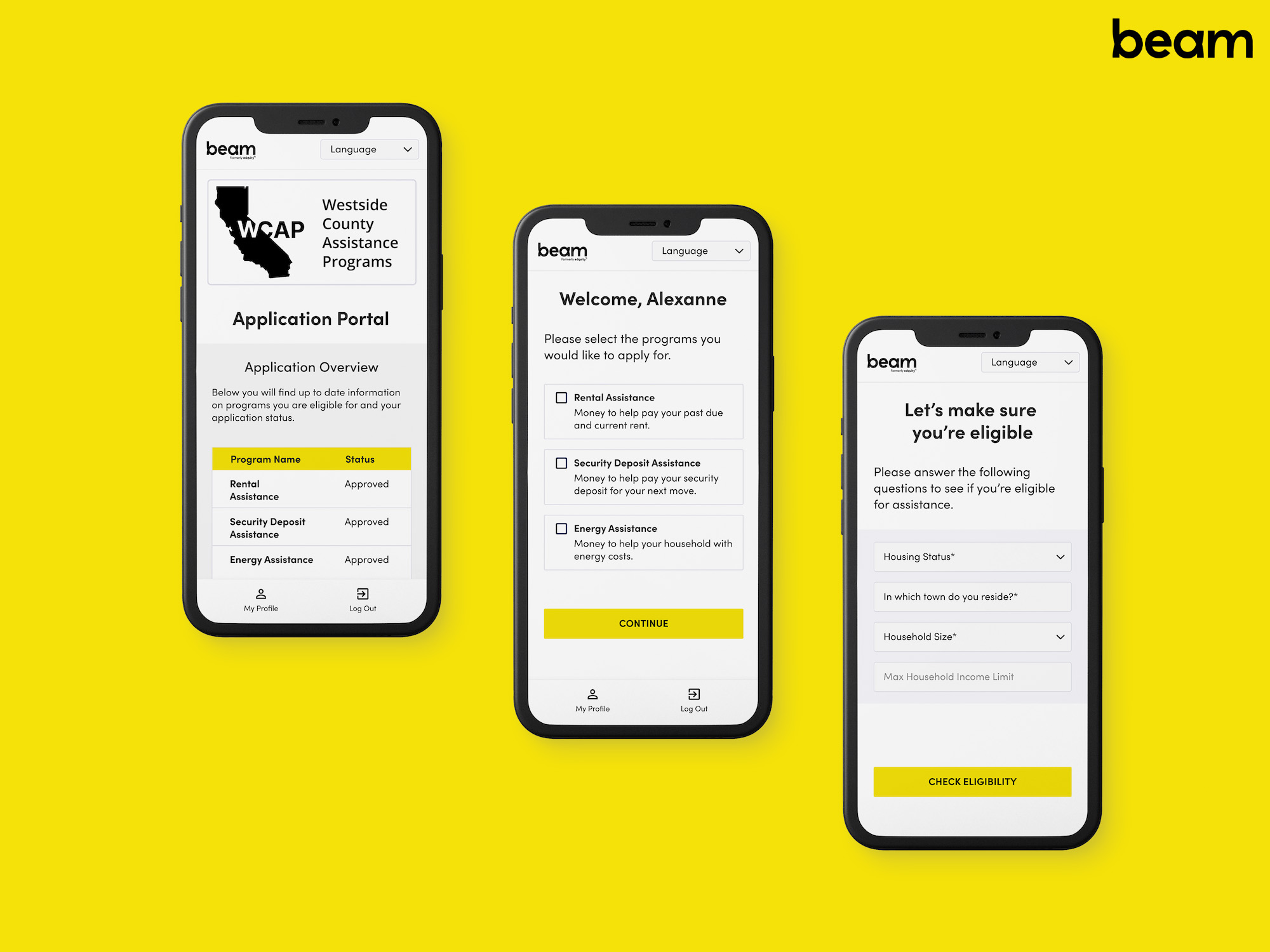"Beam is integral to supporting Southern New Hampshire University students, easing their financial anxiety, and allowing them to focus on their education. In less than two years, Beam has helped the University quickly process over 80,000 applications and distribute over $80 million in emergency aid to our students, which helped increase the retention rate for those who received aid."
Timothy Lehmann
Vice President Student Experience Innovation & Operational Integrity, Southern New Hampshire University


